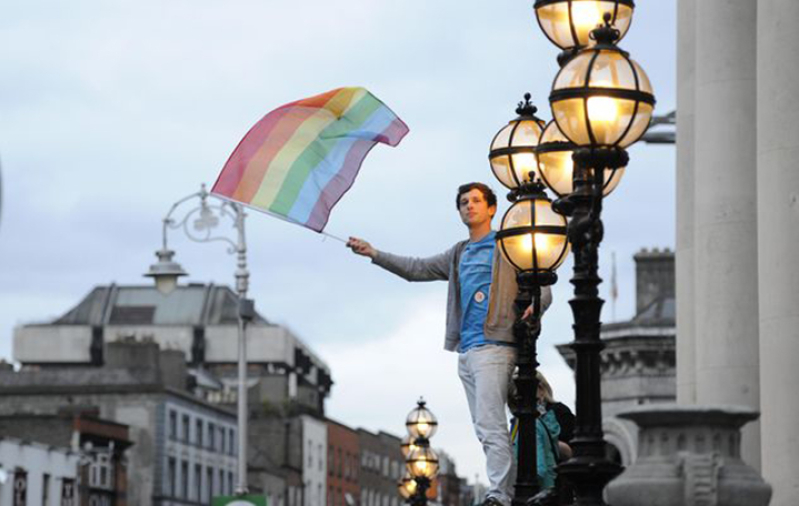
The Vatican continues to stand by comments made by its secretary of state condemning Ireland's recent approval of same-sex marriage as a "disaster for humanity."
According to a report from the Associated Press, Cardinal Pietro Parolin, the Vatican Secretary of State, stated that he was personally saddened by the decision where 62 percent of voters in the traditionally Roman Catholic country voted "yes" to same-sex marriage last weekend. The vote ran counter to church teaching, which held that marriage can only occur between a man and a woman.
"I don't think you can speak only about a defeat for Christian principles, but a defeat for humanity," Parolin said.
Parolin added that the church had to acknowledge the reality "but in the sense of reinforcing its commitment to evangelization."
According to Paddy Agnew of Irish Times, senior Vatican spokesman Father Federico Lombardi confirmed that the cardinal made the comments and that the Vatican supports his point of view.
"Pointing out that Cardinal Parolin had made his comment on the margins of a Vatican conference, Father Lombardi said that the Secretary of State had given his immediate reaction to the referendum result but that he had not had time or space to further elaborate his thoughts," Agnew wrote.
Agnew reported that Parolin was "an accomplished diplomat" who was appointed Papal Nunzio to Venezuela in 2009. He has generally left the serious talking to Pope Francis until now.
"There is little doubt, however, that his comments reflect the level of concern prompted in the Holy See by the result," Agnew wrote. "Whilst Pope Francis himself might have chosen different words, he too obviously remains faithful to Catholic teaching that marriage can only be contracted by a man and woman."
Diarmuid Martin, the Archbishop of Dublin, called Ireland's vote a "social revolution." Agnew reported that both Parolin and Cardinal Angelo Bagnasco, president of the Italian Bishops Conference (CEI), supported Martin's view.
"As such [a social revolution], the Church cannot not ask itself how it can improve its dialogue with Western culture," Bagnasco said. "In this context, we believe in the family that is born out of the stable union between a man and a woman, a union potentially open to life [children] and one which constitutes an essential good for society and as such is not comparable to other forms of co-habitation."
The secretary general of CEI, Bishop Nunzio Galantino, also called for dialogue on the issues of same-sex marriage and the future of the church.
"The margin of the Yes victory in Ireland obliges us all to take on board that Europe, and not just Europe, is undergoing an accelerated process of secularization which touches on everything, including relationships," Galantino said. "Faced with this reality, our response can be neither a stubborn refusal based on fear and arrogance nor an uncritical acceptance based on fatalism and retreat."







